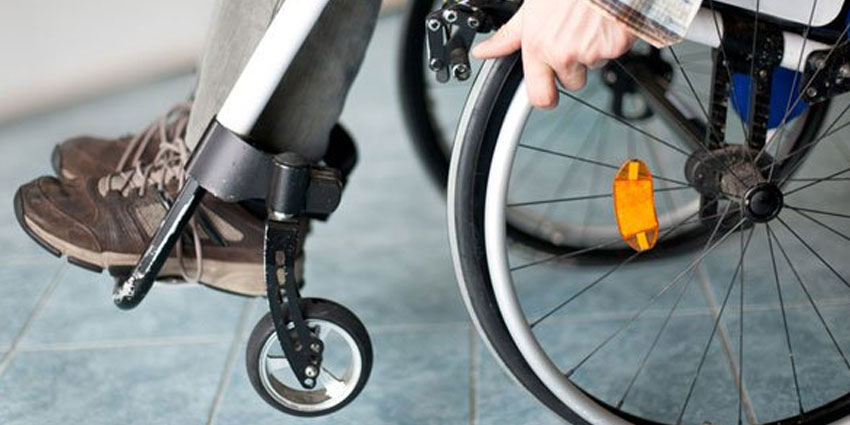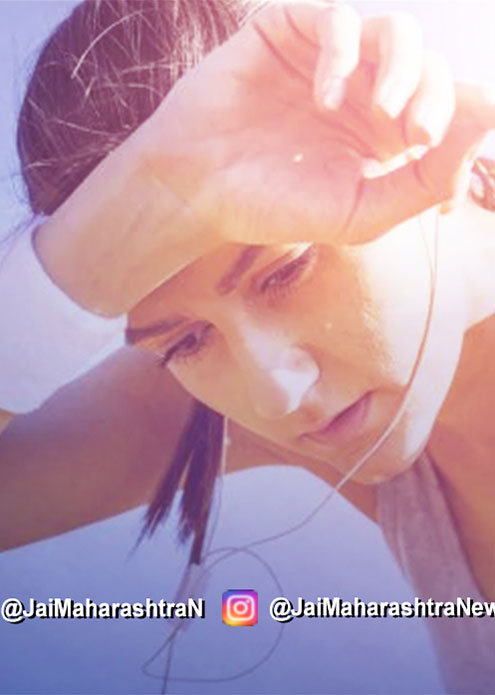

Paralysis
A stroke occurs when blood flow to an area in the brain is cut off. If blood flow is stopped for longer than a few seconds the brain cannot get blood and oxygen. Brain cells can die, causing permanent damage.
There are two major types of stroke: ischemic stroke and hemorrhagic stroke. Uncontrolled high blood pressure increases a person's stroke risk by four to six times. The other major risk factors are:
- Atrial fibrillation
- Diabetes
- Family history of stroke
- High cholesterol
- Increasing age, especially after age 55
People who have heart disease or poor blood flow in their legs caused by narrowed arteries are also more likely to have a stroke. The chance of stroke is higher in people who live an unhealthy lifestyle by:
- Being overweight or obese
- Drinking heavily
- Eating too much fat or salt
- Smoking
- Taking cocaine and other illegal drugs
The symptoms of stroke depend on what part of the brain is damaged. In some cases, a person may not know that he or she has had a stroke. Symptoms usually develop suddenly and without warning.
Or, symptoms may occur on and off for the first day or two. Symptoms are usually most severe when the stroke first happens, but they may slowly get worse. Symptoms may include:
- Change in alertness (including sleepiness, unconsciousness, and coma)
- Changes in hearing
- Changes in taste
- Changes that affect touch and the ability to feel pain, pressure, or different temperatures
- Clumsiness
- Confusion or loss of memory
- Difficulty swallowing
- Difficulty writing or reading
- Dizziness or abnormal feeling of movement (vertigo)
- Lack of control over the bladder or bowels
- Loss of balance
- Loss of coordination
- Muscle weakness in the face, arm, or leg (usually just on one side)
- Numbness or tingling on one side of the body
- Personality, mood, or emotional changes
- Problems with eyesight, including decreased vision, double vision, or total loss of vision
- Trouble speaking or understanding others who are speaking
- Trouble walking
According to the Ayurvedic concepts Stroke is known as the Pakshaghat. It is due to severe vataj imbalance. With the help of Ayurveda, Yoga and Panchkarma, experts at Vedicure address Stroke in a holistic manner.

